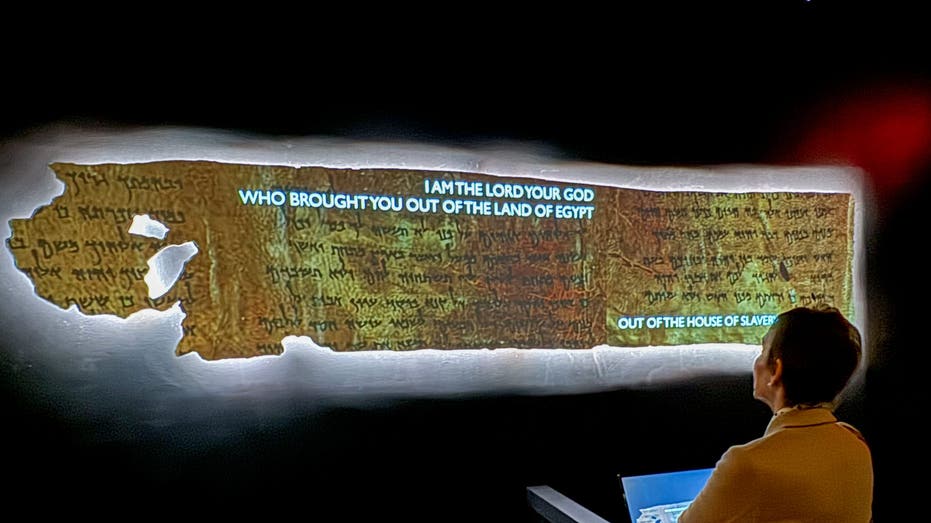- by foxnews
- 08 Apr 2025
How ChatGPT, Gemini, Copilot, Llama and Other LLMs Working With Google, Bing, Safari, Brave and Edge to Improve Travel Search ?
The future of search and travel discovery is undergoing a transformative shift, fueled by generative AI, hybrid models, and the evolving dominance of video platforms. As technology advances and consumer behavior adapts, how we discover information—and particularly how we plan and experience travel—is changing fundamentally. While Google search has dominated the information landscape for over two decades, emerging tools and interfaces now challenge the status quo, creating a complex but exciting evolution.
- by travelandtourworld
- 18 Dec 2024
- in travel

The Current Landscape of Search and Travel Discovery
For travel, Google serves as both an informational and inspirational tool. Users can find everything from flight deals and destination guides to reviews and itineraries. Its seamless experience, paired with trusted sources, makes it the go-to platform. However, while Google works well, new models like AI-powered search and video discovery are beginning to capture more attention, particularly from younger generations.
AI and Large Language Models: The Rise of Conversational Search
Despite these limitations, LLMs represent the future of search due to their adaptability and growing ability to provide trustworthy information. As companies like OpenAI and Google pursue broader goals of Artificial General Intelligence (AGI), these models will increasingly dominate travel planning and discovery.
Google: The Workhorse of Information, But For How Long?
Google remains the cornerstone of search today, offering the flexibility to pick and choose sources. Its algorithm-driven approach prioritizes trust and credibility, essential for travel planning where reliability matters. However, compared to AI-driven search, Google can feel inefficient. Users must navigate multiple links, often clicking at random, which consumes time and effort.
Younger generations, particularly Gen Z, are signaling a shift in preferences. Many consider text search too resource-heavy and are turning to video-first platforms like TikTok and YouTube for answers. While Google will likely remain relevant, it must evolve to compete with the efficiency and engagement of AI-powered tools and video platforms.
Video Platforms: Inspiration and Conflict
Video platforms are increasingly shaping how people discover travel destinations, with TikTok, Instagram, and YouTube leading the way. These platforms excel in delivering:
However, video platforms face inherent challenges. Apps like TikTok prioritize engagement over accuracy, driven by algorithms designed to maximize watch time. This creates a conflict between viral entertainment content and factual, informative travel data. While videos succeed at inspiration, they often fall short as reliable sources of truth for travel planning.
The Hybrid Model: Combining AI, Search, and Video
The future of search for travel will likely combine the strengths of AI, traditional search engines, and video platforms into a seamless, hybrid model. Imagine a platform that:
This hybrid approach could provide users with:
AI Agents: The Gatekeepers of Personalized Search
As search technology evolves, AI agents will play a central role in personalizing travel discovery. These agents act as intermediaries, pre-processing data to deliver curated, de-biased information in the format users prefer.
However, humans are inherently biased, and travelers may instruct AI agents to favor certain brands, influencers, or sources. This could perpetuate existing biases and limit discovery, creating a paradox where personalization conflicts with objectivity.
The Role of AI-Generated Videos
To address the shortcomings of video platforms, AI-generated videos may emerge as a solution. While controversial, synthetic videos created by AI using accurate, trusted data could fill the gap between inspiration and reliable information. By combining human-like visuals with factual data, these videos could deliver engaging yet accurate travel content.
For instance, imagine asking an AI for a travel itinerary and receiving a video of a virtual guide showcasing destinations, activities, and tips based on your preferences. This technology may take another two years to become fully viable, but it presents a promising solution to the conflict between viral and informational content.
Conclusion: The Future of Travel Search is Hybrid
The evolution of search is redefining how travelers discover, plan, and experience the world. AI-driven tools, video platforms, and hybrid search models are merging to create faster, more personalized, and immersive solutions. While Google remains foundational, LLMs and video platforms are reshaping user expectations, particularly among younger generations.
- by foxnews
- descember 09, 2016
Ancient settlement reveals remains of 1,800-year-old dog, baffling experts: 'Preserved quite well'
Archaeologists have recently unearthed the remarkably well-preserved remains of a dog from ancient Rome, shedding light on the widespread practice of ritual sacrifice in antiquity.
read more




